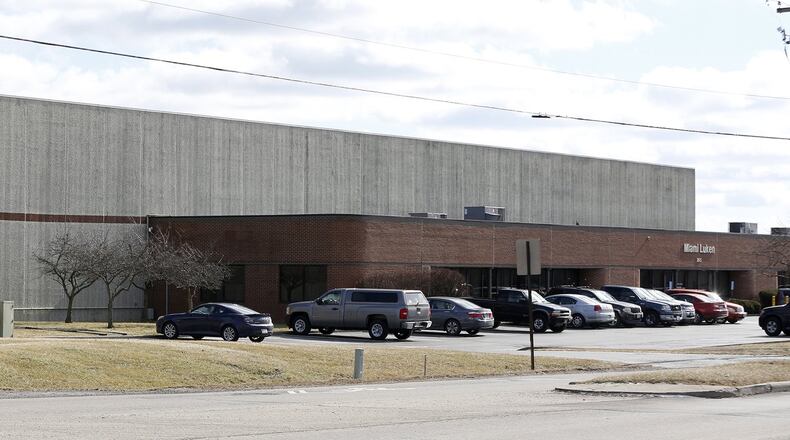MORE: Miami-Luken case raises questions of who is responsible for opioid crisis
Miami-Luken stopped taking new orders last summer and started running down its inventory. The Springboro company reported to the state that it officially discontinued business on Jan. 15.
Starting Jan. 15, Miami-Luken’s business activities were transferred to SkyRx LLC, a licensed pharmaceutical wholesaler, according to documents from a separate federal court case.
Little information could be found about SkyRx, which was only licensed to operate from October 2018 to April 2019.
SkyRx lists the same Springboro address as Miami-Luken.
State documents say that SkyRx LLC was incorporated by Joel Silberstein, also the CEO of Numed Pharma, a New York-based generic pharmaceutical distributor founded in 2013. Silberstein did not return requests for comment.
SkyRx applied in September and received its license to be a pharmacy distributor in October 2018. In April, SkyRx filed a form with the State of Ohio Board of Pharmacy saying it was discontinuing business.
RELATED: Local people share their addiction recovery stories
Warren County court documents state that Morris E. Barenbaum, an attorney based in Brooklyn, loaned $2 million to SkyRx. The documents state that SkyRx owes the entire amount of $2 million plus 12 percent annual interest. Messages were left with Barenbaum seeking more information about the loan.
On July 9, Barenbaum was able to get a certificate of judgment in Warren County Common Pleas court, which secured a lien for $2 million against SkyRx.
Miami-Luken, which now only exists on paper, and two of its former employees are facing criminal charges. The U.S. Drug Enforcement Agency accused them of shipping millions of powerful pills into small West Virginia towns in the past decade and disregarding signs that the painkillers were being diverted and abused.
Richard H. Blake, counsel for Miami-Luken, said previously that the government’s actions demostrate “efforts to criminalize good faith actions relating to the manufacturing and distribution of controlled substances. There was never any attempt by Miami-Luken or its employees to violate government laws or regulations.”
About the Author
